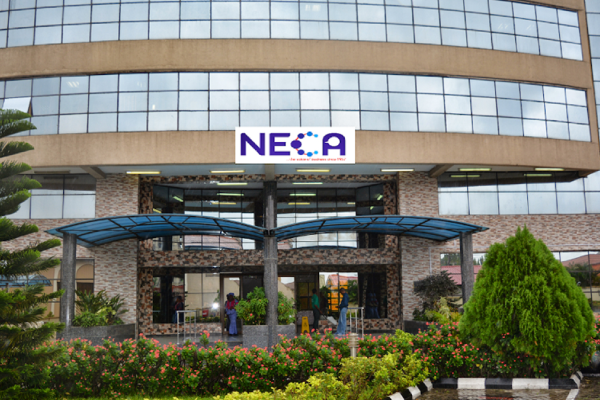The Nigeria Employers’ Consultative Association (NECA), says the private sector remains committed to the N57,000 earlier proposed at the Tripartite Committee meeting on National Minimum Wage.
NECA’s Director-General, Mr Adewale-Smatt Oyerinde, in a statement on Sunday, said the amount represented 90 per cent increase in the national minimum wage.
Oyerinde said that this was notwithstanding ongoing challenges, made worst by rising interest rates, astronomical logistics cost, increasing energy tariff and multiple taxes, levies and fees.
“With organised businesses declaring over one trillion naira in combined losses and many shutting down their businesses for different reasons, while others are relocating to other climes, the ability to pay the prevailing N30,000 was already compromised.
“It will be practically impossible to guarantee enterprise sustainability and job security with the current demands of organised labour,’’ he said.
The director-general, however, said that NECA would continue to support the welfare of workers and the protection of their jobs, which could only be guaranteed by the survival of the enterprise.
Following negotiations on the national minimum wage, he urged the tripartite committee to prioritise job creation and job security.
Oyerinde said that the call was in view of the worrisome and increasing rate of unemployment in the country.
According to him, the committee should refocus its effort on protecting jobs, boost the capacity of the private sector to create more jobs and ensure sustainability and ability to pay.
He said that productivity should be a key driver of higher wages.
READ ALSO:
- Sunshine Stars Declare Two Players AWOL
- “Diddy Will Go To Prison For Life”, Wendy Williams Claims
- Food Critic Opeyemi Famakin Reveals How LIRS Billed Him ₦80m For Taxes
- Haaland Signs New Long-Term Manchester City Contract
- Man stabs elder brother to death
“According to the National Bureau of Statistics, the combined rate of unemployment and time-related underemployment as a share of the labour force population (LU2) increased to 17.3 per cent in Q3 2023 from 15.5 per cent in Q2 2023.
“In specific terms, the unemployment rate increased significantly in Q3 2023 at 5.0 per cent.
“With these figures, more efforts should be concentrated on keeping more people in employment, while government continues to implement its planned interventions in transportation, food security and general macro-economic stability,” Oyerinde said. (NAN)


